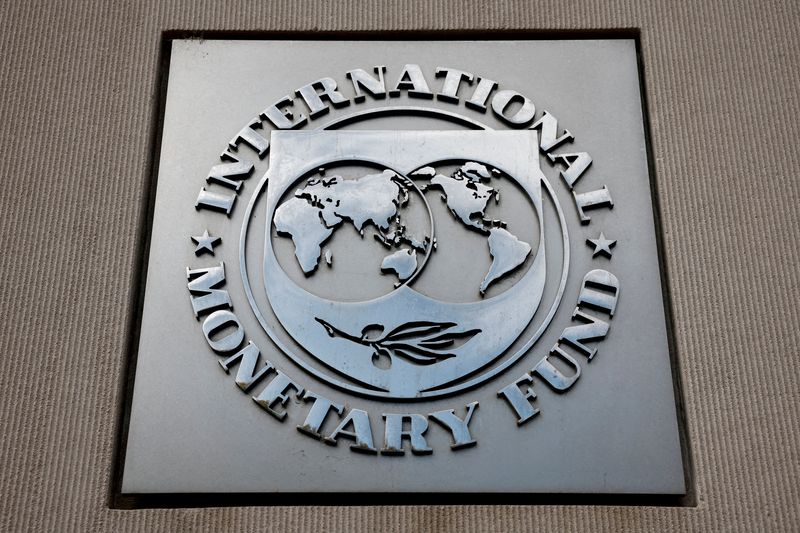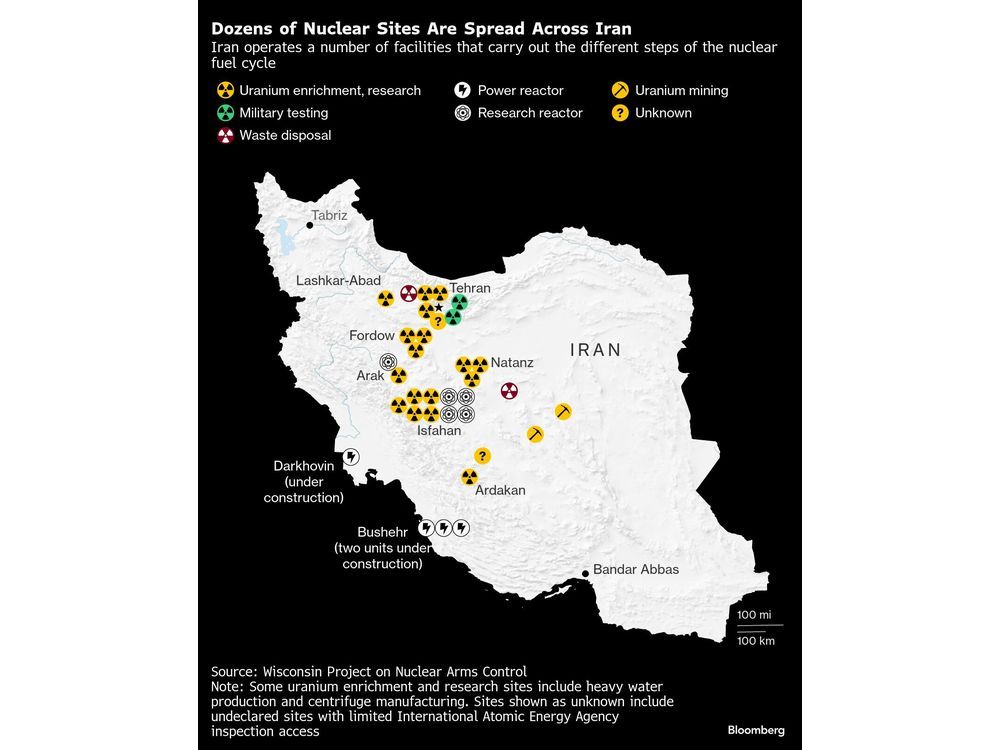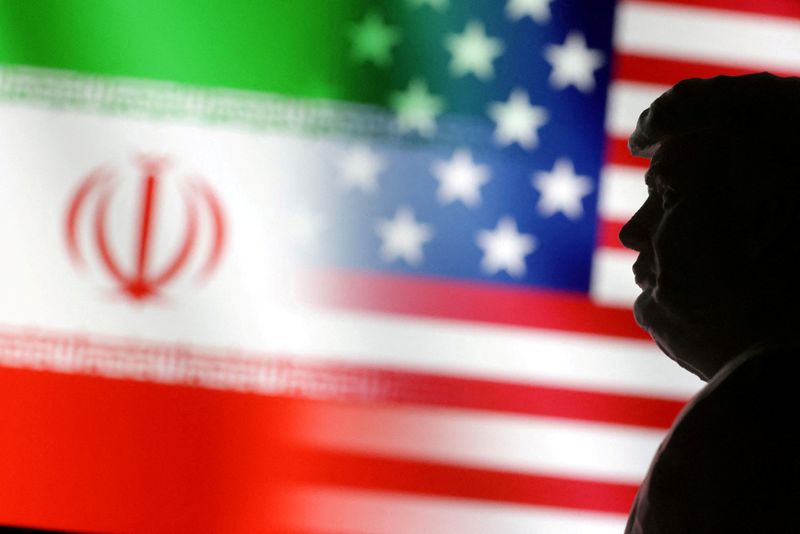With the inflation numbers rising these days, one would think that the consumer expectation of future inflation remains high. A recent article [1] published by the Federal Reserve Bank of New York just pointed out the opposite: consumers expect inflation to decrease in the future and the risk of deflation to increase.
Deflation is defined as a general decline in prices, often caused by a reduction in the supply of money or credit. When people expect deflation, they tend to spend less and save more. As a result, demand for goods and services falls, which leads to lower production and job losses. Deflation can be very harmful to an economy. While inflation has been a big concern for policymakers, deflation might be an even bigger threat to the economy.
The authors pointed out,
We study the behavior of U.S. consumers’ inflation expectations during the high inflation period of 2021-22 using data from the Survey of Consumer Expectations. Short- and, to a lesser extent, medium-term inflation expectations rose as inflation surged in 2021. Disagreement and uncertainty about future inflation increased significantly. Then, in 2022, even as inflation continued to climb, medium- and longer-term inflation expectations unexpectedly fell and medium- and longer-term deflation expectations increased. We find that respondents with deflation expectations tend to expect prices to mean revert and are more optimistic about the economic outlook.
They provided 3 hypotheses for the increase in deflation expectations,
- First, consumers may confuse deflation with a lower, but still positive, rate of inflation,
- Second, consumers may expect a mean reversion in prices, and
- Third, consumers may anticipate that economic conditions will worsen, resulting in deflation.
After conducting research, the authors concluded,
Our results suggest that households with low or even negative medium-term IE see this as occurring in part due to a reversal of the special factors that drove inflation up in 2021 and 2022 and are more likely to be optimistic about the outlook for the economy. Although it is not possible to discern the causal reasoning behind consumers’ expectations, one possible explanation is that the increasing number of consumers who have deflationary medium- and longer-term IE consider the high inflation of 2021-22 to be a result of extraordinary circumstances related to the pandemic and the war in Ukraine and expect a reversal of these factors leading to a sharp fall in inflation and a return to a strong economy.
In short, the main cause of the rise in deflation expectation is bullet point #2, i.e. consumers expect the prices to mean revert.
References
[1] Armantier, Olivier and Koşar, Gizem and Somerville, Jason and Topa, Giorgio and van der Klaauw, H. Wilbert and Williams, John C., The Curious Case of the Rise in Deflation Expectations (2022). FRB of New York Staff Report No. 1037, https://ssrn.com/abstract=4255200
Further questions
What's your question? Ask it in the discussion forum
Have an answer to the questions below? Post it here or in the forum



